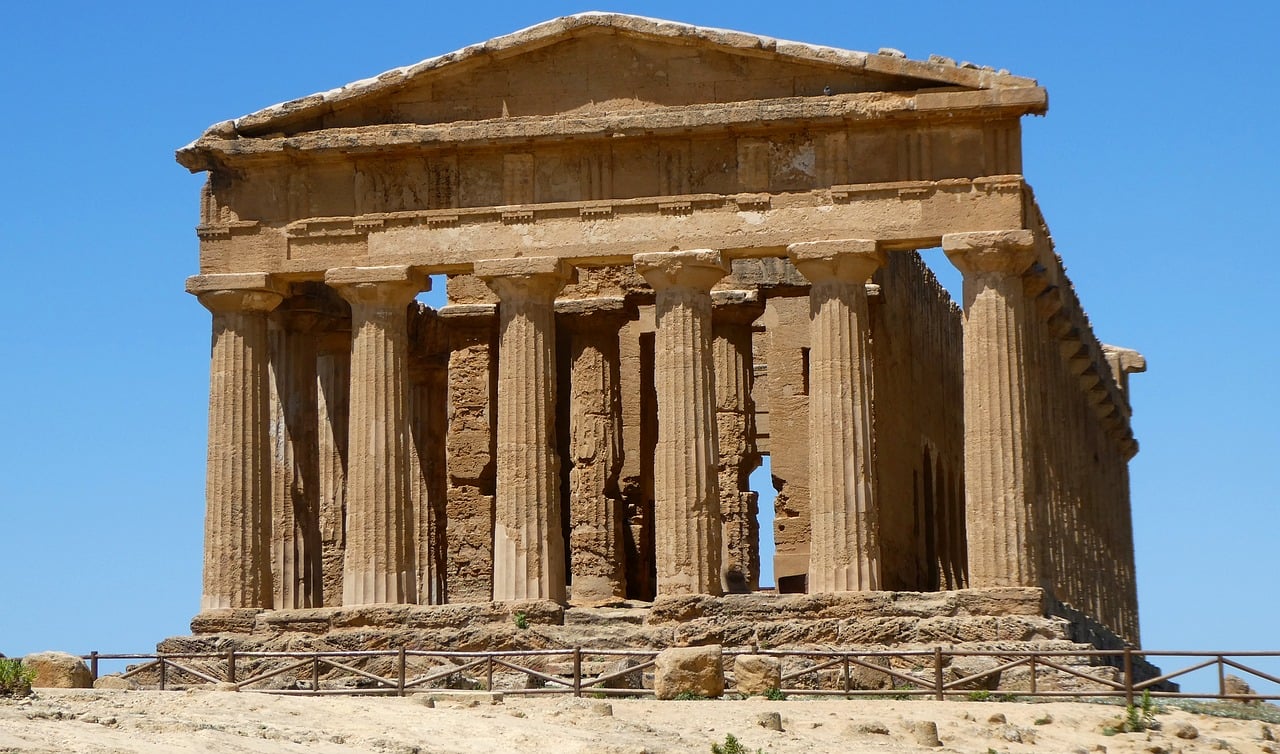Odin the Wanderer: The Multifaceted Deity of Norse Mythology
Odin, known as “OH-din” in pronunciation, and referred to in various languages as Óðinn, Woden, or Wotan, is a pivotal and intricate figure in Norse mythology, as well as broader world literature. He reigns over the Aesir, the tribe of gods, yet often embarks on extensive, solitary journeys beyond Asgard, driven by self-serving pursuits. As a tireless seeker and distributor of wisdom, he disregards community values like justice and fairness. Encompassing traits of both a divine ruler and an outlaw, a god of war and poetry, Odin epitomizes contradictions. His portrayal brings forth questions about his vast worship across different cultures and epochs.
The Meaning Behind the Name
The term “Odin” translates to “Master of Ecstasy,” derived from the Old Norse name Óðinn. This compound combines the noun óðr, meaning “ecstasy, fury, inspiration,” with -inn, a masculine article denoting “the master” or “a perfect example.” The historian Adam of Bremen further affirms this interpretation by interpreting Odin as “The Furious.” Odin embodies a spectrum of emotions and moods, capable of uplifting spirits among friends but instilling fear in wartime contexts.
This embodiment of ecstasy serves as the common thread linking various aspects of life associated with Odin, including warfare, rulership, wisdom, magic, shamanism, poetry, and death.
God of War
In contemporary narratives, Odin is often depicted as an honorable warrior and commander, unlike his ancient Norse counterparts who viewed him as a figure who incited violence with intense delight. His disposition parallels Nietzsche’s assertion that it is the “good war” that sanctifies a cause rather than the opposite.
Odin gravitates towards elite warriors rather than average fighters, conferring blessings upon a select few deemed worthy. Many legendary Germanic heroes, such as Starkaðr and the Volsungs, enjoyed his guidance. Closely linked with berserkers and warrior-shamans, Odin accentuates an ecstatic connection with feral totemic animals, reflecting the chaotic frenzy of battles in which he is primarily interested.
Ruler’s Archetype
Odin represents an ideal ruler in the Aesir pantheon, claiming descent from numerous royal lineages. While influenced by hierarchy similar to other Indo-European cultures, Odin embodies a blend of magic and cunning, contrasting with Tyr’s adherence to law and justice. Furthermore, he paradoxically serves as a patron for outlaws—individuals marginalized due to severe transgressions. Like Odin, these figures, such as Egil Skallagrímsson and Grettir Ásmundarson, often defied societal conventions. Historical accounts even mention Odin being exiled for a period to protect the other gods’ reputations.
Regardless of their social standing, those favored by Odin share intelligence, creativity, and combat prowess, effectively navigating the tumultuous dynamics of their environment.
Quest for Wisdom and Magic
In polytheistic belief systems, gods are nothing more than beings limited by their nature, unlike monotheistic all-knowing deities. Odin relentlessly seeks to transcend boundaries through the acquisition of wisdom, knowledge, and magical power. A defining trait of his persona is his single, intense eye, a symbolic sacrifice made for wisdom.
Odin’s legendary self-sacrifice on the world-tree Yggdrasil for nine days highlights his relentless pursuit of esoteric knowledge—culminating in his discovery of the runes, empowering him with profound insights. His competitive spirit propelled him to engage a giant in a knowledge contest, ensuring his supremacy by asking a uniquely subjective question. As a significant shamanic presence among the gods, Odin frequently undertook spirit journeys, aided by familiar entities, embodying characteristics akin to shamans globally.
Embrace of Poetry
Odin’s communication is linguistically artful, as he speaks solely in verse. The divine ability to compose poetry is a gift he bestows upon those he deems worthy. He famously seized the mead of poetry, an elixir that enables eloquence and artistic inspiration. This beverage, known as Óðrœrir, coincides with the aspects of óðr inherent in Odin’s essence.
The Arbiter of Death
When Roman historians characterized different pantheons, they often likened Odin to Mercury, illustrating his paramount association with death rather than warfare. As the ruler of Valhalla, he selects worthy warriors from battlefields alongside the valkyries. Human offerings, particularly among the elite, were common to gain his favor, reinforcing his connection with mortality.
The reasons behind Odin’s engagement with the deceased include his need for wisdom and his desire to gather esteemed warriors for the inevitable confrontation with Fenrir during Ragnarok, despite the fatal outcome he anticipates.
The Allfather
Referred to as “Allfather,” Odin holds paramount significance, acknowledged as the progenitor of all gods and countless royal bloodlines. He embodies diverse identities—Aesir deity, Vanir god, and frost-giant heritage—merging various divine and elemental forces. Through these attributes, Odin represents the driving force of inspiration and fury within countless endeavors central to the Viking experience.
In Norse belief, deities symbolized the essential energies binding the universe. As the “Allfather,” Odin epitomized the vital essence, manifesting a force akin to Nietzsche’s conceptualization of the “Will to Power.” His critical role in the world’s creation reflects the necessity of his invigorating presence for a fulfilling existence.
For those seeking additional insights into Norse mythology and religion, further readings and resources are available, including The Viking Spirit, an esteemed introduction to the subject.



